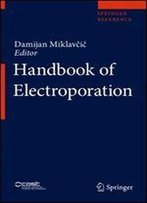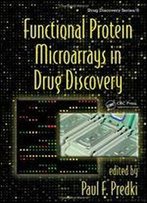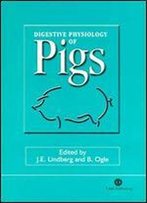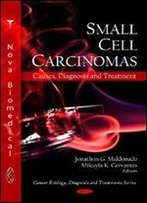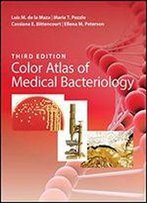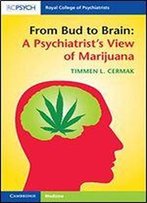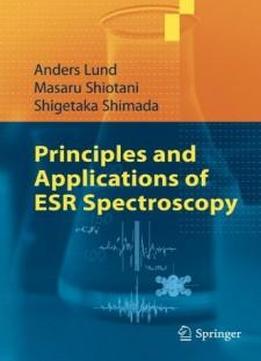
Principles And Applications Of Esr Spectroscopy
by Anders Lund /
2011 / English / PDF
8.7 MB Download
Principles and Applications of ESR Spectroscopy fills the gap between the detailed monographs in ESR spectroscopy and the general textbooks in molecular physics, physical chemistry, biochemistry or spectroscopy. The latter only briefly explain the underlying theory and do not provide details about applications, while the currently available ESR textbooks are primarily focused on the technique as such. This text is based upon the authors’ long experience of teaching the subject to a mixed audience, in the extreme case ranging from physics to biology. The potential of the method is illustrated with applications in fields such as molecular science, catalysis and environmental sciences, polymer and materials sciences, biochemistry and radiation chemistry/physics. Theoretical derivations have in general been omitted, as they have been presented repeatedly in previous works. The necessary theory is instead illustrated by practical examples from the literature.
Principles and Applications of ESR Spectroscopy fills the gap between the detailed monographs in ESR spectroscopy and the general textbooks in molecular physics, physical chemistry, biochemistry or spectroscopy. The latter only briefly explain the underlying theory and do not provide details about applications, while the currently available ESR textbooks are primarily focused on the technique as such. This text is based upon the authors’ long experience of teaching the subject to a mixed audience, in the extreme case ranging from physics to biology. The potential of the method is illustrated with applications in fields such as molecular science, catalysis and environmental sciences, polymer and materials sciences, biochemistry and radiation chemistry/physics. Theoretical derivations have in general been omitted, as they have been presented repeatedly in previous works. The necessary theory is instead illustrated by practical examples from the literature.
